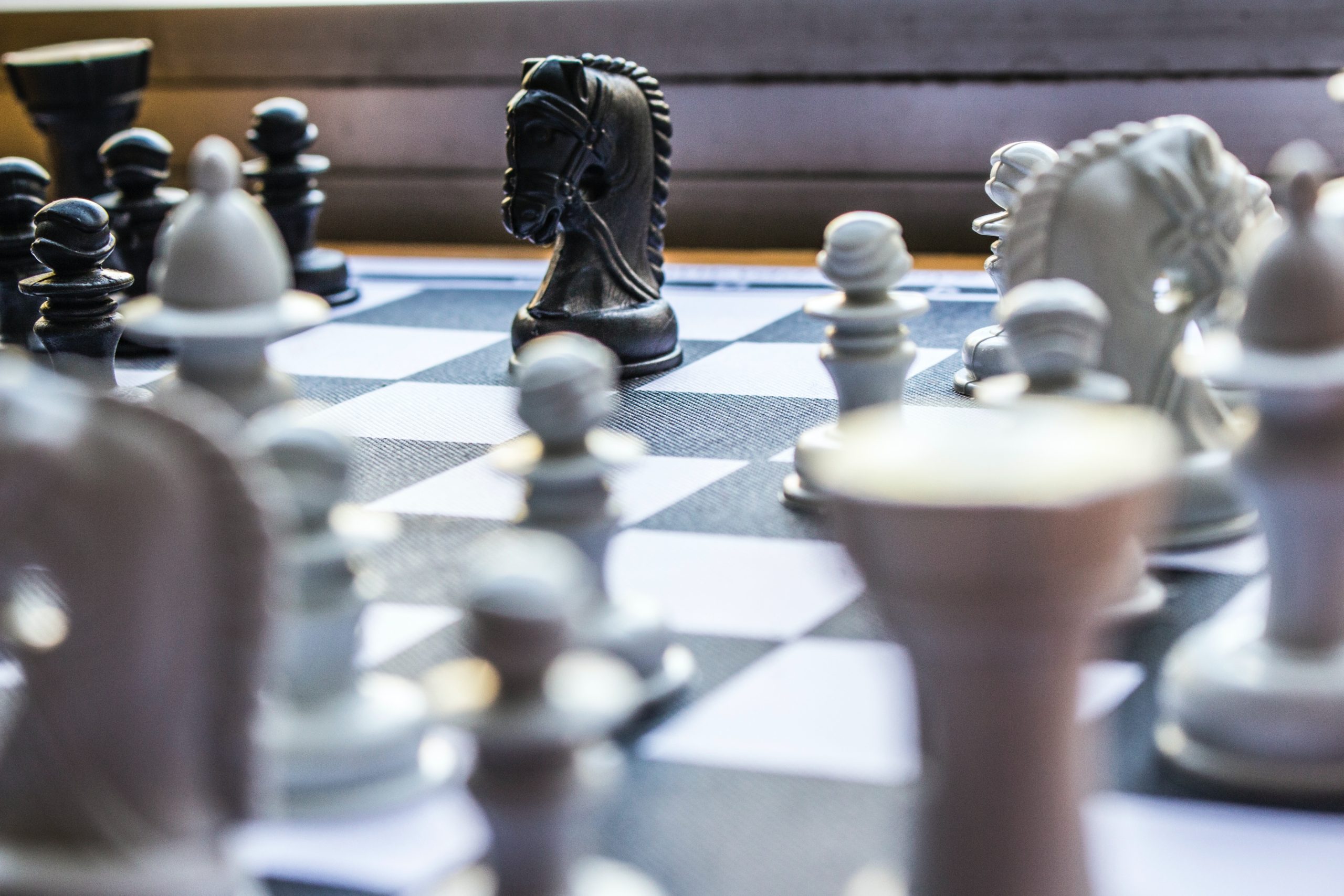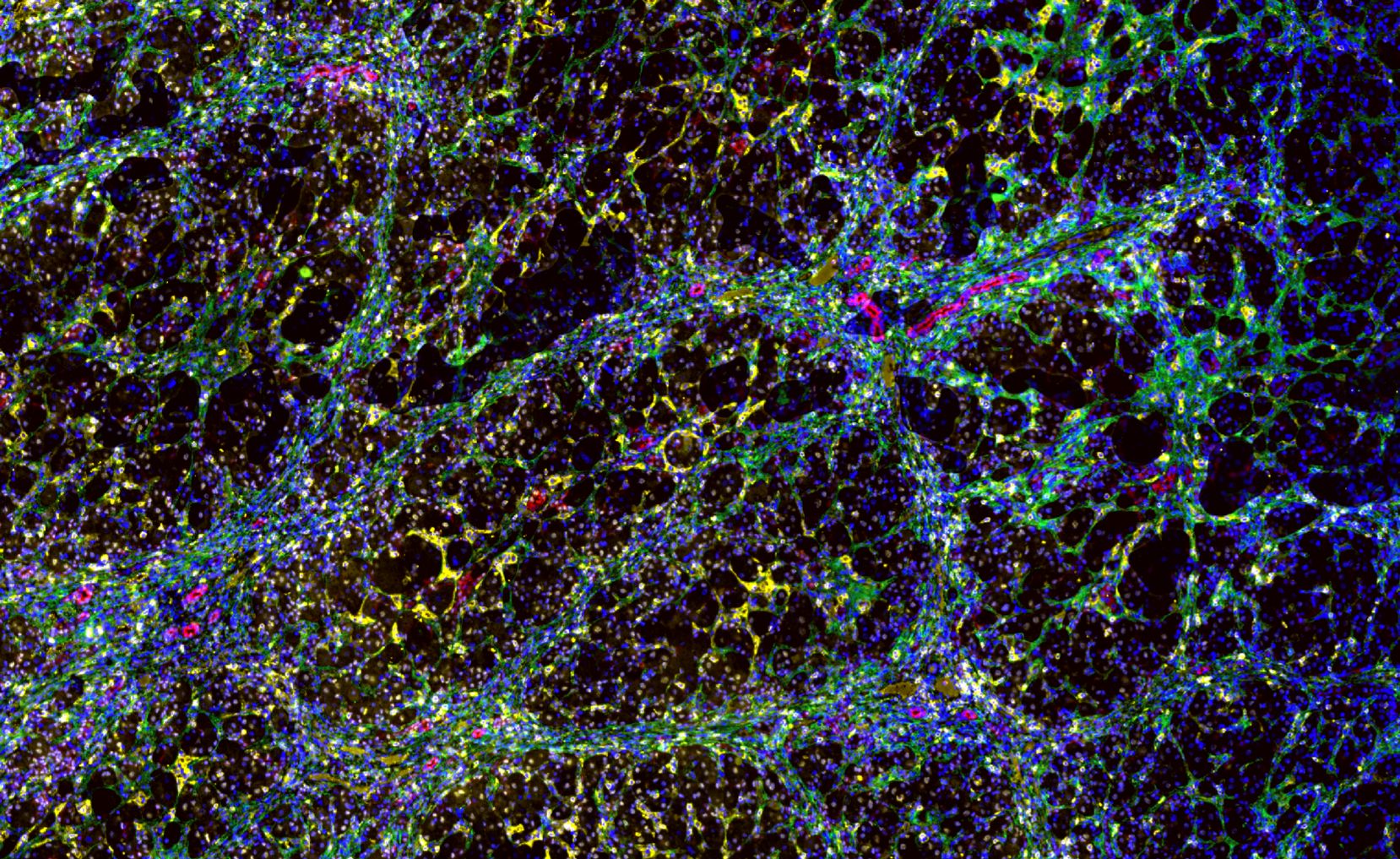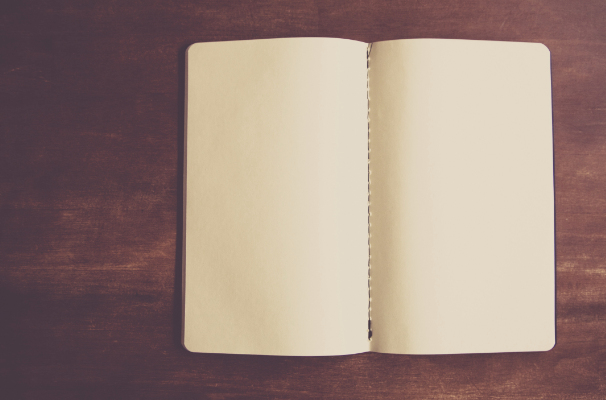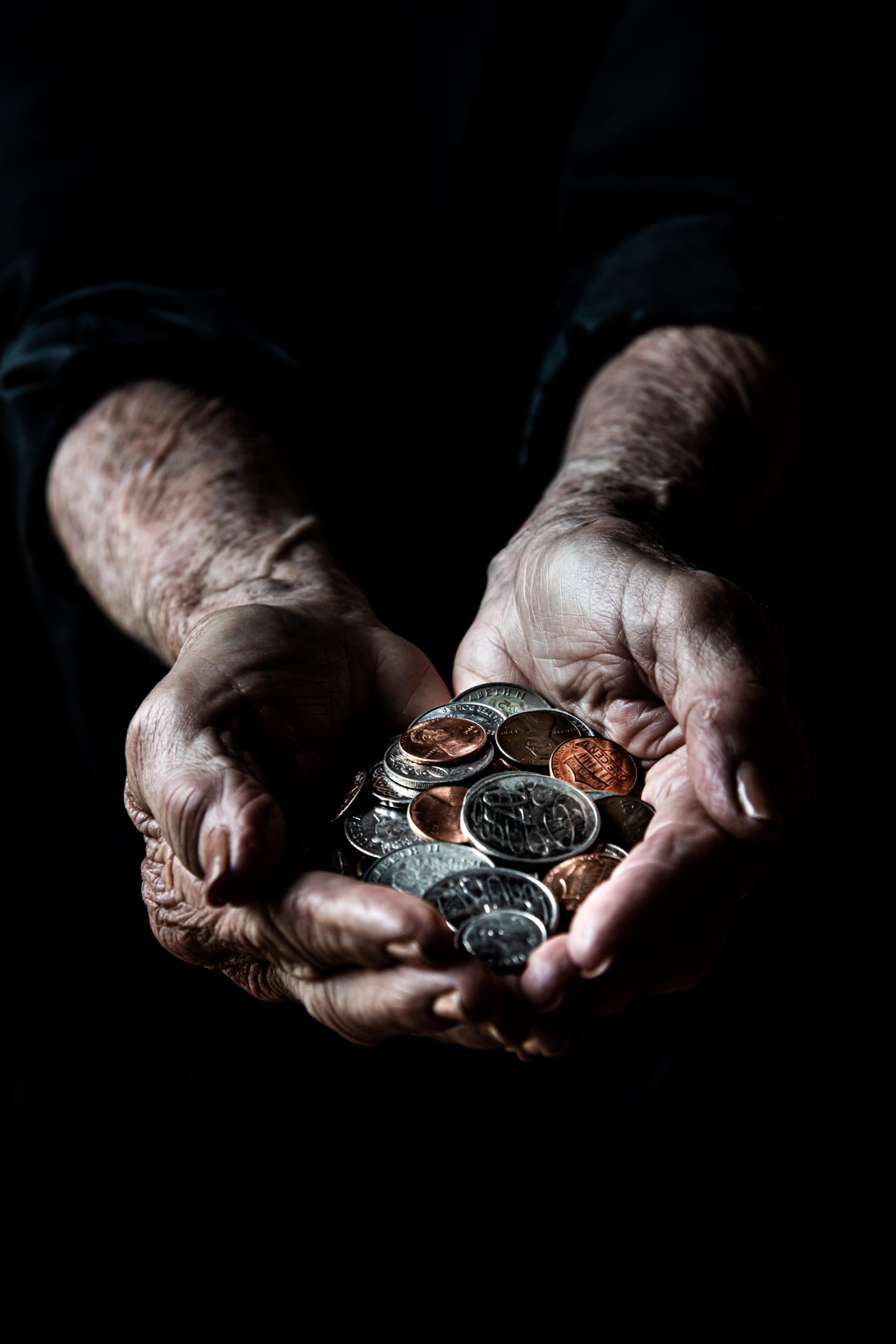Did you brush your teeth this morning? Probably. Did you ‘decide’ to brush your teeth? Kind of. Did you decide to apply for the job you do? Almost certainly. In terms of happiness, tooth brushing-type decisions may matter just as much as the job you pick.
We make hundreds of decisions each day. The product of those determines the trajectory of our lives in both the short and long term. Many decisions are (seemingly) unimportant e.g. “what should I put in my sandwich?”) whilst some are irreversible e.g. “should I have a child?”. I have come to believe four truths about the choices we make:
- We don’t make small decisions
- We make big decisions poorly
- Big decisions don’t matter as much as we anticipate
- Small decisions are important long-term
Small decisions are almost entirely driven by habits. The time you get up in the morning, what you listen to on your commute, how much you exercise, and whether you tell your parents you love them. Most people wouldn’t consider them ‘decisions’ and certainly not worthy of losing sleep over.
Big decisions are anything you identify as a ‘choice’: what job to apply for, whether you want to get married, and where you live.
1. We don’t make small decisions.
The vast majority of our days are guided by habits. Habits form when we link a cue to a behaviour that receives some kind of reward. Sometimes habit loops are clear: when I make a coffee (cue) I also grab a biscuit (behaviour) that is tasty (reward).
These are ‘potential’ decisions. If you believe that we have control over our actions, then it is a decision whether to get out of bed 30 minutes earlier every morning to do exercise, or not. Changing habits is exceptionally difficult. But, theoretically, they are decisions. Most of the time they are not made consciously.
2. We make big decisions poorly
Humans are pretty terrible at knowing what we want and at making ‘rational’ decisions. We tend to over-emphasise short term effects. We strongly avoid giving things up, even if it would free up money/time for something else. We seek out information that supports our preferences. There is enormous social pressure to follow norms. What we think will make us happy, often doesn’t. Times that are extremely challenging may be our most fulfilling experiences when we reflect back.
These cognitive biases (and many others) mean that when we think we’re making careful, wise choices, they often aren’t as rational as we believe.
3. Big decisions don’t matter as much as we anticipate
What is the aim of any decision making? I would argue it is about maximising wellbeing. I use this in the broadest sense to encompass a good mental, physical, and spiritual state. The decision might focus on the wellbeing of ourselves, our families, society, or the whole planet. So when we decide between jobs, or cities, or whether to get married, or whether to try for a baby, it’s about what will bring the greatest overall wellbeing. I don’t think these decisions matter as much as we might anticipate because: (i) predicting anything is impossible; and (ii) random events.
We may choose job X over job Y but end up with job Z. Yes, job Z might be terrible, but the reality of job X may have been even worse. You might meet a life-long friend on job Z. There could be a horrendous accident at job X. Going beyond these ‘physical’ events, humans are rubbish at predicting how they will feel in the long run. It is easy to look back and think how a different decision might have been better, and it might have been, but it might not.
Humans are exquisitely sensitive to ‘negative’ events i.e. the loss of something we already have, or something not happening we had expected. We generally underestimate the influence of randomness in our lives. One (negative) random event could totally change your experience of a carefully considered decision.
Unfortunately, something big and bad will happen to all of us. Down the line, which job we decided to take won’t seem so important.
4. Small decisions are important long-term
If we are bad at making big decisions, and they can be completely overturned by random events, then how can we alter our wellbeing? Through habit change.
Lots of things that make people happier are controlled by habits: getting 7-8 hours of sleep each night, regular exercise, meditation, friendships, and a sense of community. Daily behaviours will influence these factors. For example, I believe it is a habit to truly listen to your partner or be a generous friend; these actions cultivate close relationships, which are hugely important in long-term happiness. However, subconscious habits are extremely difficult to turn into conscious (small) decisions. Long-term habit change required enormous effort and the correct external circumstances.
Conclusion
The outcome of our big decisions are hard to predict. Our lifetime of habits influences happiness.
For example, worry less about deciding which university to go to. Worry more about making a routine of focused personal study. You cannot predict the outcome of the university you choose to go to. Making deliberate practice a lifetime habit will always be rewarded.
Books I’ve read that have influenced this blog post
Decision making: Thinking, fast and slow; Decisive; The decision book, The black swan, Antifragile, Nudge
Happiness & fulfilment: Mastery; So good they can’t ignore you; The great work of your life; The things you only see when you slow down; The almanack of Naval Ravikant; Don’t sweat the small stuff; The happiness project; The practising stoic; Meditations; The subtle art of not giving a f*ck; Man’s search for meaning
Habit formation: Atomic habits, The compound effect, Awaken the giant within; The power of habit
Caveats
The decision to be a parent is a little different to all others because it is truly irreversible.
This discussion has completely ignored externalities and social circumstances. Many people, for a whole variety of unfortunate reasons, are not equally placed to make decisions that others are.




